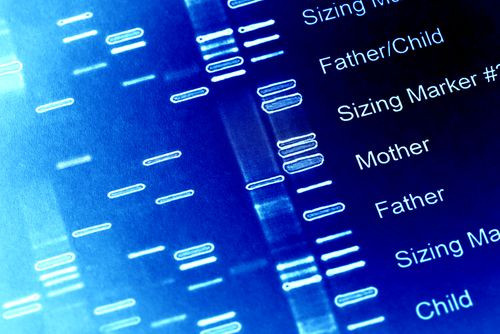Whole-Exome Sequencing For Diagnosing Disease: Could Detect Previously Unseen Genetic Events, Mutations

Within our genes lies the secret to who we are and what we will be, from the color of our eyes to the shape of our feet and how we'll age to our mental health. Our genes also tell us whether we'll suffer from certain diseases. Ever since the human genome was mapped, a lot of medical research has been dedicated to understanding the role of genetics in these diseases. Why do some people develop diseases like cancer, Alzheimer's, and Crohn's?
New research shows the benefits of genetic studies, again, though this time with whole exome sequencing, which is used to determine variations in the coding regions, or exons, of thousands of genes. The study, which involved about 2,000 patients, was able to diagnose a potential disease 25 percent of the time by detecting rare genetic events, such as mutations. These variations are noted after comparing a sequence to one with normal genes. By analyzing these variations and comparing them to an individuals medical history, doctors may be able to determine the genetic cause of disorders.
The study, conducted by Dr. Yaping Yang and Dr. Christine Eng of the Baylor College of Medicine in Houston, involved about 2,000 patients, 88 percent of whom were children. Of those kids, a little more than 87 percent also had neurological disorders or developmental delay, while the rest had non-neurological disorders. The whole-exome sequencing procuedure involved taking either peripheral blood, tissue, or simple DNA from patients between 2012 and 2014. Molecular diagnoses were reported in 504 patients (25.2 percent), with 58 percent of the mutations triggering the diagnoses never having been reported before.
A molecular diagnosis was reported for 504 patients (25.2 percent). The procedure found 58 percent previously undetected diagnostic mutations. They found that molecular diagnoses occurred more frequently when a patient had a neurological disorder along with problems with their organs (36.1 percent), while those with non-neurological disorders had the lowest rate of diagnoses, at 20.1 percent.
In 92 of the 2,000 patients, the sequencing found 95 cases in which medical intervention could have cured the mutations. Three patients had more than one case. In 59 patients, the researchers found mutations on genes that had already been identified and listed on the American College of Medical Genetics and Genomics' list of 56 genes recommended to be disclosed.
In approximately 30 percent of positive cases, mutations believed to cause disease were found in disease genes discovered since 2011, serving as proof of the importance of genetic studies in uncovering diseases. "Whole-exome sequencing testing is a platform suitable for timely incorporation of new disease genes because it interrogates entire coding regions, making it possible to automate the updating of disease gene annotation for clinical reporting, even after the initial analysis is completed,” the researchers said, according to a press release.



























